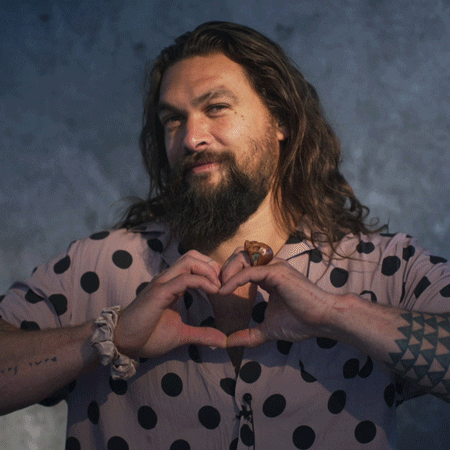Don't tear your hair out
Plus, popping the question(s)
"Our ability to read intentions tells us how to evaluate the events around us." - Liane Young.
A facial hair-raising study. The Old Dutch. The monkey tail. The Hulihee. All different styles of beards. Not ones we would wear, but, you know, options. Unfortunately for the more adventurously groomed among us, evolutionary psychology has found no consistent evidence that facial hair increases perceptions of attractiveness. But a paper from last year shows it might grow trust. The authors looked at facial hair in the context of sales and service personnel. Across five studies, they found that men with beards received higher ratings in terms of expertise and trustworthiness. And it was more likely that a customer would purchase something from them. So don’t hesitate to grow those mutton chops, people.
So many questions. In 1997, the psychologist Arthur Aron published a study: The Experimental Generation of Interpersonal Closeness. People were paired with a partner and for forty-five minutes, they asked each other a series of questions designed to foster a sense of intimacy. In 2015, writer Mandy Len Catron wrote about this study in a Modern Love essay, “To Fall in Love With Anyone, Do This.” In her essay, Catron wonders whether it’s possible to fall in love with a relative stranger by asking the same 36 questions presented in Aron’s study. “Most of us think about love as something that happens to us. We fall. We get crushed,” she writes. “But what I like about this study is how it assumes that love is an action.” The study — and the essay — are a good reminder of the work that goes into fostering intimacy. And many of Aron’s 36 questions are a good way to get to know not just a romantic partner but anyone who might be important in your life. Check out the questions here.
All of us make choices all the time, and we may think we’re making those choices freely. But psychologist Eric Johnson says there’s an architecture behind the way choices are presented to us, and this invisible design can influence decisions both large and small. Listen to learn more.
ON THE HIDDEN BRAIN PODCAST
Jan 31: We kick off a new series about how we understand — or fail to understand — the minds of other people. Neuroscientist Liane Young says our capacity to decode the thoughts of others involves an extraordinary feat of cognition.
Feb 7: When you’re talking to someone, how often do you wonder, “what does this person think of me?” In the second episode of our series Mind Reading 2.0, psychologist Erica Boothby explains why our perceptions of our social interactions are often distorted, and what we can do about that.
ON THE MY UNSUNG HERO PODCAST
Feb 3: One night, Leah Bartell was walking home on a dark street when a couple of drunk guys approached her. That’s when two strangers intervened.
Don’t forget to send us the story of your unsung hero! Record a voice memo on your phone and email it to myunsunghero@hiddenbrain.org.
MIND GAMES
What is special about these words: job, polish, herb?
LAST WEEK’S PUZZLE
Jerry received both the 15th highest and the 15th lowest mark in the class. How many students are in the class?
Answer: 29 students.
FROM THE TWITTERATI…
A MOMENT OF JOY
Check out this toddler helping out a friend during Chinese New Year celebrations.
Have an idea for Hidden Brain? A story you want to share with us? Send an email to ideas@hiddenbrain.org. And if you’d like to support our work, you can do so here. Listen to us on Spotify, Apple, Amazon Music or your favorite podcast platform.





